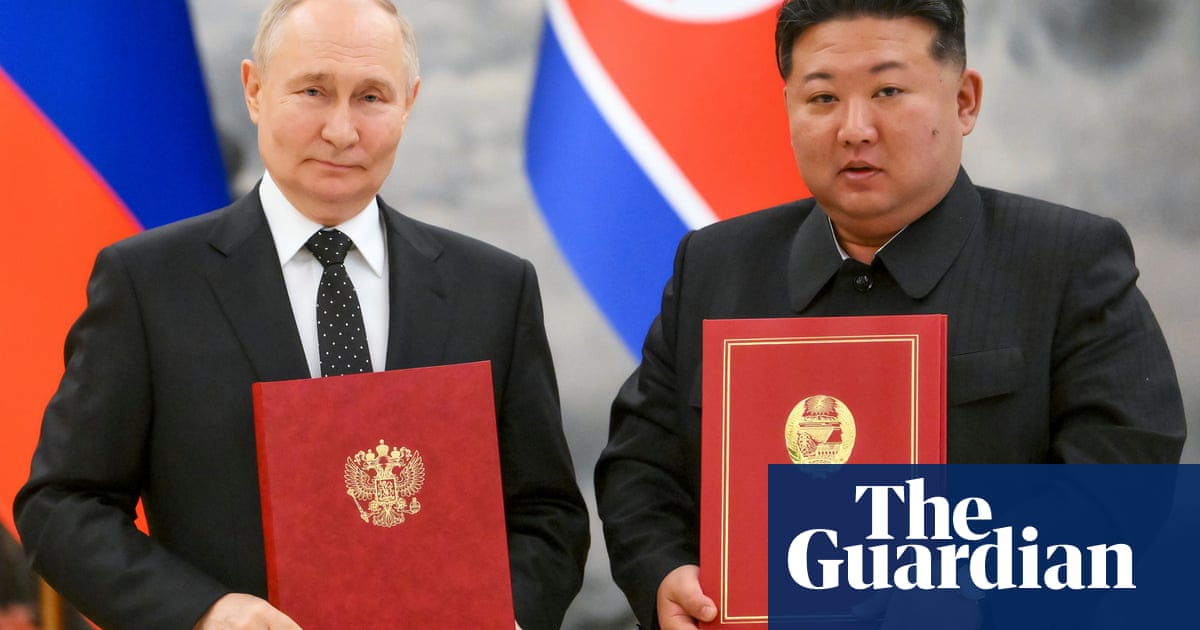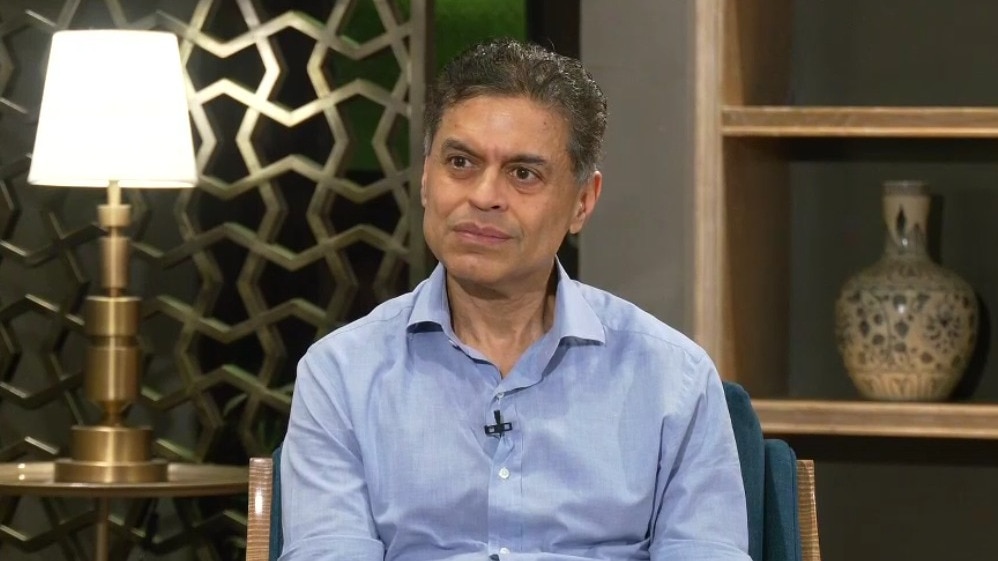The killing of Israel’s most wanted enemy Yahya Sinwar has been hailed as vindication for Prime Minister Benjamin Netanyahu, but in a country weary after a year of war it also raises pressure on him to end the fighting and save the hostages still in Gaza.
Netanyahu himself described Sinwar’s death as “the beginning of the end” to a conflict that has spread to Lebanon and Yemen, and said it could end if Hamas lays down its arms and return the 101 Israeli and foreign hostages held in Gaza.
With Sinwar joining a growing list of Palestinian and Lebanese militant leaders killed by Israel over recent months, the fear that a deal would reward the architect of the Hamas-led Oct. 7 attacks on Israel has gone.
“I think what we have now is an opportunity to use this moment in Gaza to close the front in Gaza,” said Shira Efron, Senior Director of Policy Research at the pro-Israel Diane and Guilford Glazer Foundation.
“I mean, you need to remember that this goes into the kishka (the guts) of Israeli society, they’ve avenged the mastermind Sinwar,” she said.
Yet it remains unclear how Hamas will respond to the death of their leader, filmed by an Israeli drone sitting badly wounded in a ruined building in Gaza before his body was recovered and taken to Israel for tests that confirmed his identity.
On Friday, the deputy head of Hamas Khalil Al-Hayya said Israeli hostages would not be returned until Israeli “aggression” ended and its forces withdrew.
Some of Netanyahu’s hardline political allies, including his Finance Minister Bezalel Smotrich, said Israel should not stop before the “complete surrender” of Hamas.
But with the White House talking about a potential “inflection point” in the war, even many supporters of Israel’s hitherto uncompromising approach said there was an opportunity to end the fighting.
“I think Netanyahu said the right thing last night. Give us the hostages and – when everyone, the hostages, will return – we’ll leave,” said Erez Goldman, a Jerusalem resident, as he absorbed the news the following day.
A significant section of Israeli opinion, including Netanyahu, has always maintained that the only way to achieve peace is by inflicting military defeats on their enemies, even if that comes at the cost of upsetting their allies.
Sinwar’s death was seen by many as vindication of Israel’s refusal to bow to international pressure earlier this year not to send ground troops into the city of Rafah, which was at the time the refuge for more than a million Palestinians displaced by the fighting.
“This is the first thing that came to mind when Sinwar was taken out in Rafah,” one senior official said on Friday.
Netanyahu has resisted pressure for months from families of the hostages and from world leaders, including U.S. President Joe Biden, to agree a ceasefire deal in Gaza. There were more such calls on Friday.
‘OFF RAMP’
Netanyahu’s political fortunes, at rock-bottom last year in the aftermath of the bloodiest day in Israel’s history, have revived steadily since, particularly as a series of militant leaders have been assassinated.
Mohammed Deif, Hamas’ longstanding military commander, was killed in Gaza in July and in the same month, the movement’s political leader Ismail Haniyeh was assassinated in Tehran.
Two months later Hezbollah leader Hassan Nasrallah was killed in Beirut, one of a string of leaders from the Iranian-backed group killed in a wave of Israeli airstrikes.
The addition of Sinwar to the list could give Netanyahu a potential “off-ramp” from Gaza, said Carmiel Arbit, non-resident senior fellow at the Atlantic Council.
“But Sinwar’s death alone does not guarantee the circumstances necessary for Netanyahu to declare an end to the war as so many hope,” she said.
Hostage families feel that after ceasefire talks apparently ran into the sand weeks ago, there is no time to waste. “It’s an opportunity that we might not have again,” said Daniel Lifshitz, whose grandfather Oded Lifshitz is still held in Gaza.
Much will depend on who succeeds Sinwar, whose death in combat was hailed by many Palestinians as a heroic act of defiance against Israel that should inspire further resistance.
Israel has said it must maintain security control over Gaza when combat operations end. But it has otherwise not revealed any detailed ideas for running the enclave beyond rejecting any role for Hamas or the Palestinian Authority.
After a year of war, the enclave is in ruins, with more than 42,000 Palestinians dead and most of the population displaced. Reconstruction will take years, requiring billions of dollars and heavy international support.
On the Israeli side, after Hamas-led gunmen stormed into Israel on Oct 7, 2023, killing 1,200 people and taking 251 hostages, few are willing to trust Hamas even if Sinwar is gone.
But even the chairperson of Kibbutz Be’eri, a community close to the Gaza Strip that lost one in 10 of its population on Oct 7, said the chance offered by Sinwar’s death should be taken.
“There is an opportunity,” said Amit Solvi. “And Israel has to take this opportunity in both hands. And evolve that into a diplomatic agreement.”
(This story has not been edited by News18 staff and is published from a syndicated news agency feed - Reuters)

 1 month ago
1 month ago


















